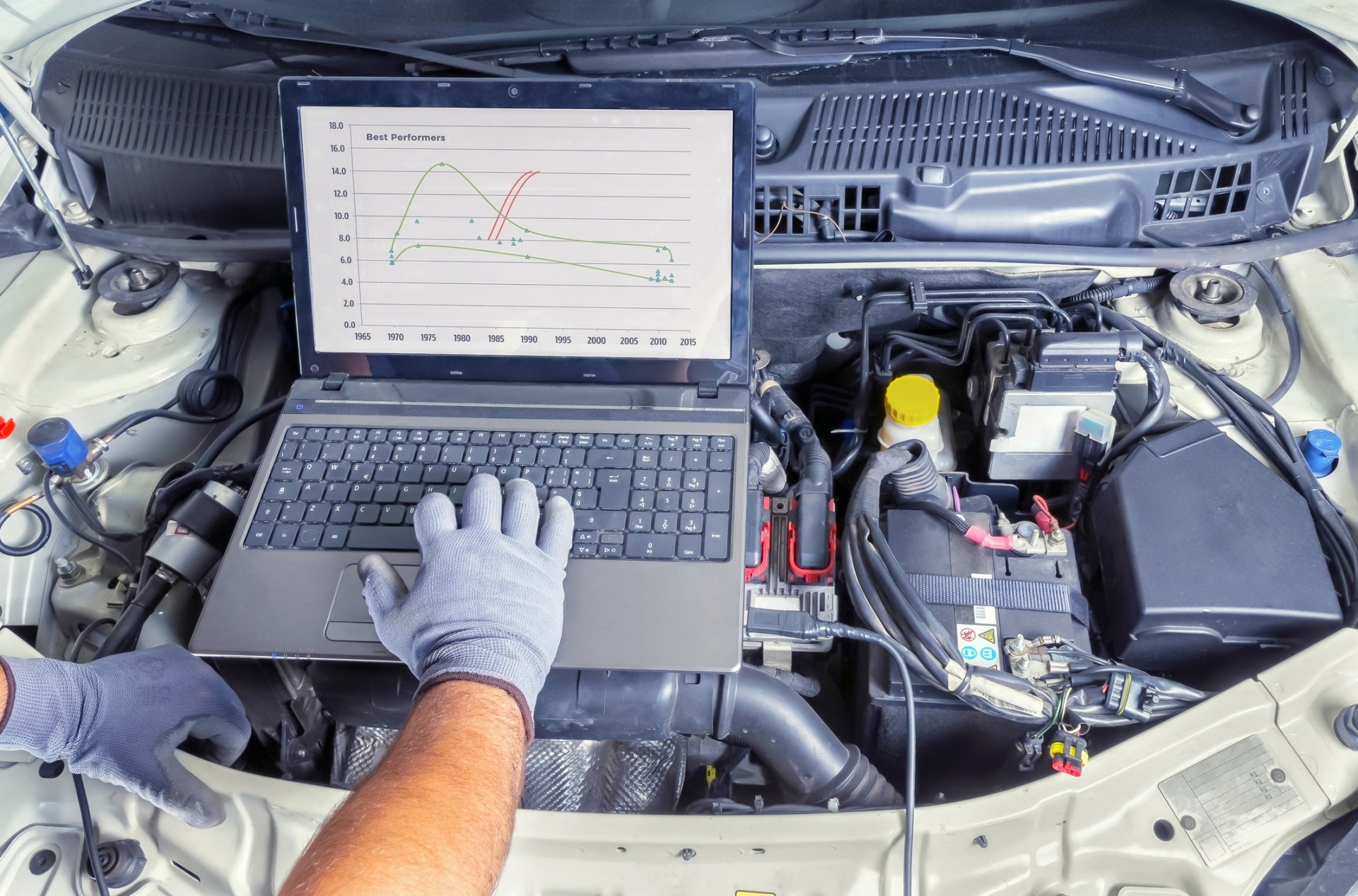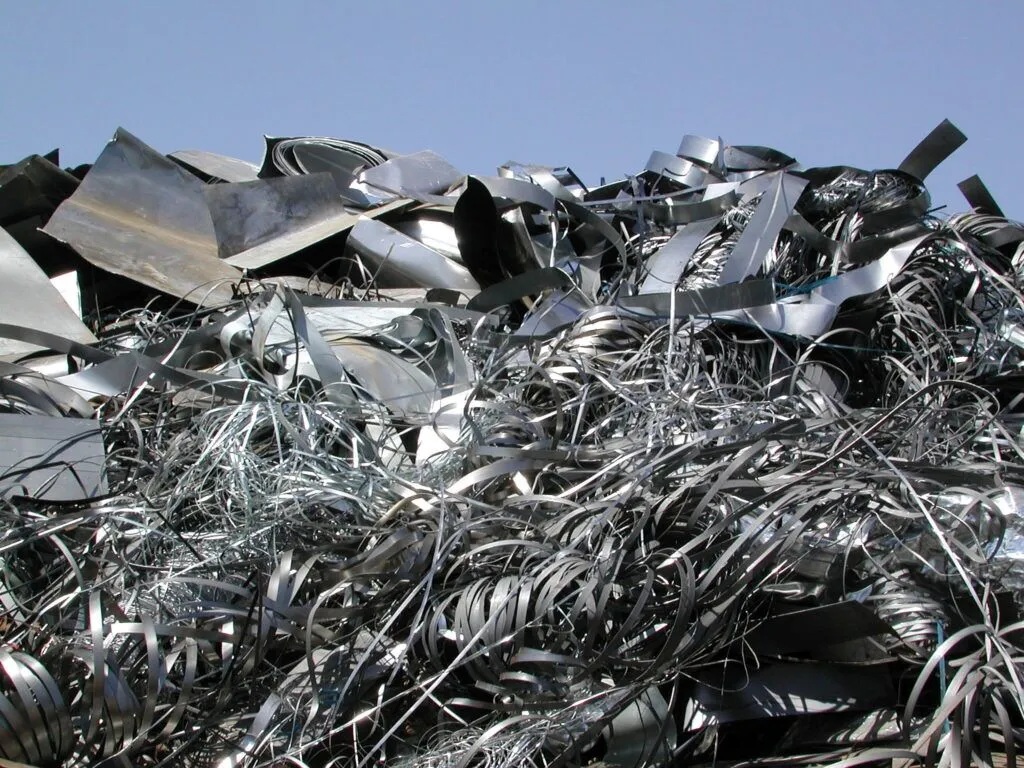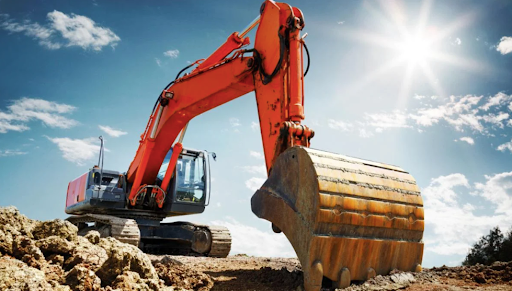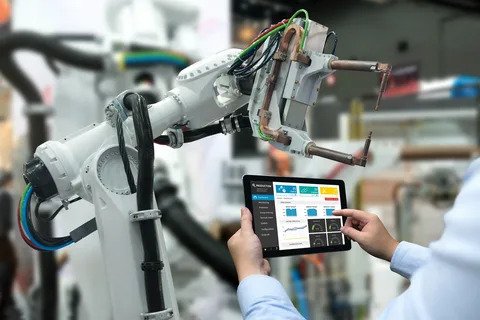
In today’s rapidly evolving world, technological advancements are reshaping industries at an unprecedented pace. One such transformative force is Manufacturing Automation. This ground-breaking technology is revolutionising the manufacturing landscape, driving efficiency, productivity, and innovation.
In this blog post, we will explore the incredible potential of Manufacturing Automation and how it is reshaping the future of production.
The Rise of Manufacturing Automation
In recent years, Manufacturing Automation has gained significant traction across industries, from automotive and electronics to pharmaceuticals and consumer goods. This shift towards automation is driven by the desire for improved quality, increased production speed, reduced costs, and enhanced workplace safety.
Embracing the Power of Robotics
At the heart of Manufacturing Automation lies the integration of robotics into production processes. Robots are designed to perform repetitive tasks with precision, accuracy, and speed, surpassing human capabilities.
These intelligent machines can handle various manufacturing operations, including assembly, packaging, material handling, and quality control.
By delegating mundane and labour-intensive tasks to robots, manufacturers can streamline operations, minimise errors, and optimise resource utilisation.
Intelligent Systems for Enhanced Efficiency
Manufacturing Automation goes beyond robotics alone. It encompasses a range of intelligent systems, including Artificial Intelligence (AI), Machine Learning (ML), Internet of Things (IoT), and data analytics.
These technologies work in tandem to collect, analyse, and leverage vast amounts of data in real-time, enabling manufacturers to make informed decisions, predict maintenance needs, and optimise production schedules.
The result? Increased operational efficiency, reduced downtime, and improved overall productivity.
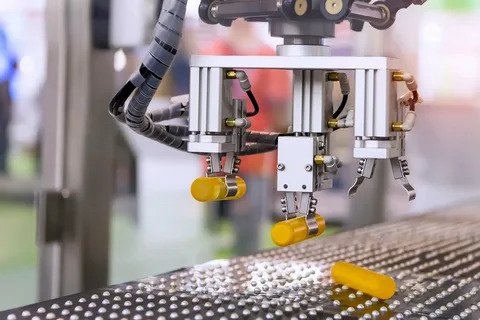
Unlocking Innovation and Customisation
Manufacturing Automation paves the way for unprecedented levels of innovation and customisation. With advanced automation systems, manufacturers can swiftly adapt to changing market demands and produce highly customised products on a mass scale.
Through flexible production lines and agile processes, companies can offer personalised solutions, shorter lead times, and an exceptional customer experience.
Empowering the Workforce of Tomorrow
Contrary to popular belief, Manufacturing Automation is not about replacing human workers; it is about empowering them. By automating repetitive and physically demanding tasks, it frees up human potential for more complex, creative, and value-added roles.
This technology allows employees to focus on problem-solving, innovation, and skill development, leading to a more engaged and fulfilled workforce.
Conclusion
The era of Manufacturing Automation has arrived, propelling industries into a new age of efficiency, productivity, and innovation. Through the integration of robotics, intelligent systems, and a focus on empowering the workforce, manufacturers can unlock unprecedented levels of performance and achieve new heights of success.
Embracing this transformative technology is no longer an option but a necessity for companies seeking to thrive in the modern manufacturing landscape.
As we move forward, let us harness the power of Manufacturing Automation to shape a future where possibilities are limitless and industries are redefined.

